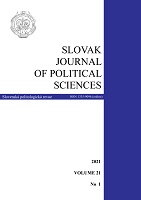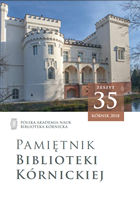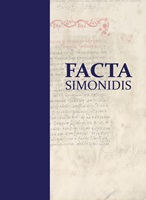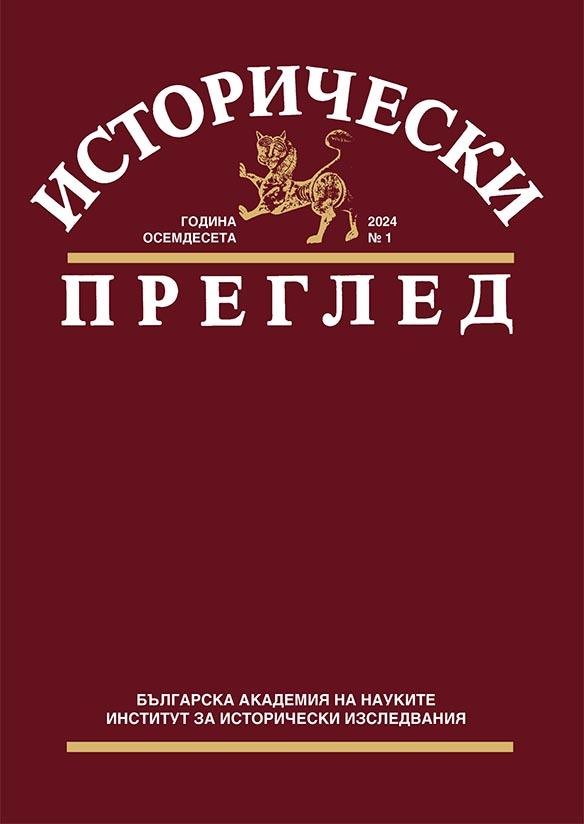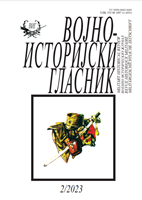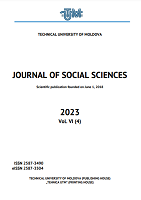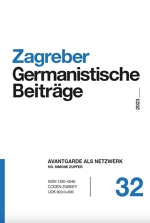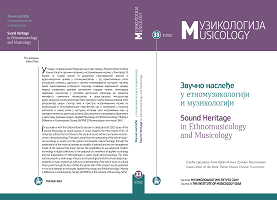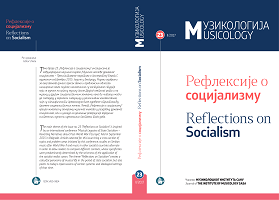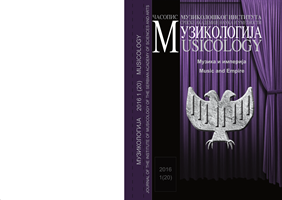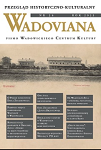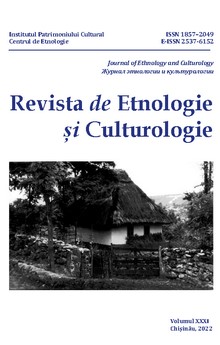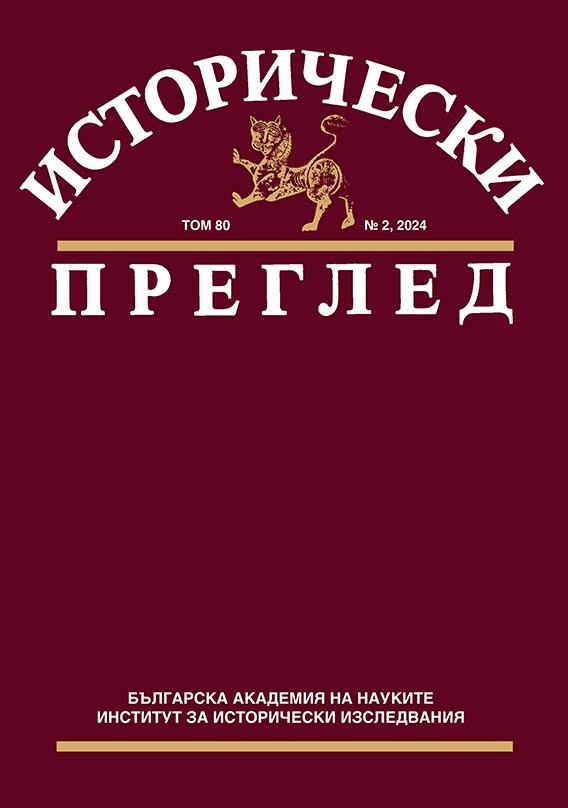Author(s): Slavoj Žižek / Language(s): Bosnian
Issue: 37-38/2023
U Filozofiji historije Hegel daje divan opis Tukididove knjige o peloponeskom ratu: "njegovo besmrtno djelo je apsolutna korist za čovječanstvo proistekla iz tog konteksta."1 Ovaj bi sud trebalo protumačiti u svoj njegovoj naivnosti: na način da se, sa stajališta historije svijeta, peleponeski rat dogodio zato da bi Tukidid mogao o njemu napisati knjigu. Šta ako nešto slično vrijedi i za odnos između ekplozije modernizma i prvog svjetskog rata, ali u suprotnom smjeru? Veliki rat nije bio traumatski lom koji je poremetio naprednjaštvo 19-og stoljeća, nego reakcija na istinsku prijetnju uspostavljenom poretku: eksploziju avangardne umjetnosti, znanosti i politike koja potkopava uspostavljeni svjetonazor (umjetnički modernizam u književnosti – od Kafke do Joyce-a - , u muzici - Schoenberg i Stravinsky -, u slikarstvu - Picasso, Malevitch, Kandinsky -, psihoanaliza, teorija relativiteta i kvantna fizika, uspon socijaldemokratije...) To naprsnuće – najjače u 1913., annus mirabilis umjetničke avangarde – do te mjere razorno pri otvaranju novih prostora da bi spekulativna historiografija čak mogla doći u iskušenje- ustvrditi da je, s "duhovne" tačke gledišta, veliki rat iz 1914. izbio kao reakcija na taj Događaj prsnuća – ili, da parafraziram Hegela, užasi prvog svjetskog rata su cijena koju je čovječanstvo moralo platiti zbog pokretanja besmrtne umjetničke revolucije u godinama netom prije rata. Drugim riječima, mora se preokrenuti pseudo-duboki uvid o tome kako su Schoenberg et al predskazali užase rata u XX. vijeku: šta ako je 1913-ta taj pravi Događaj? Ključno je usredsrediti se na taj prijelazni eksplozivni trenutak između samodopadnosti kasnog 19. stoljeća i katastrofe prvog svjetskog rata – 1914. nije predstavljala buđenje iz sna, nego snažan i nasilan povratak patriotskog sna predestiniranog da spriječi istinsko buđenje. Činjenica da su fašisti i ostali patrioti mrzili avangardnu entartete Kunst nije tek marginalni detalj, nego ključna značajka fašizma. S takve pozadine trebamo pristupiti odnosu između moderne umjetnosti i užasa historije XX. stoljeća.
More...
